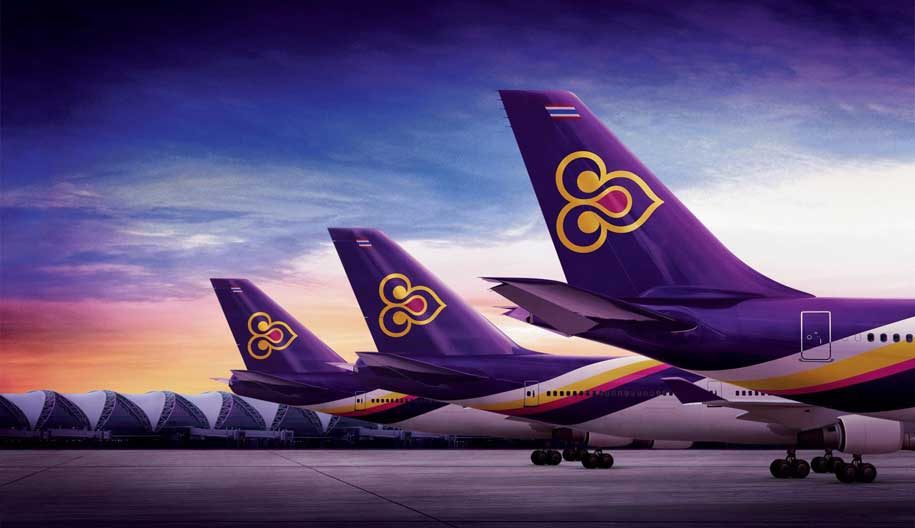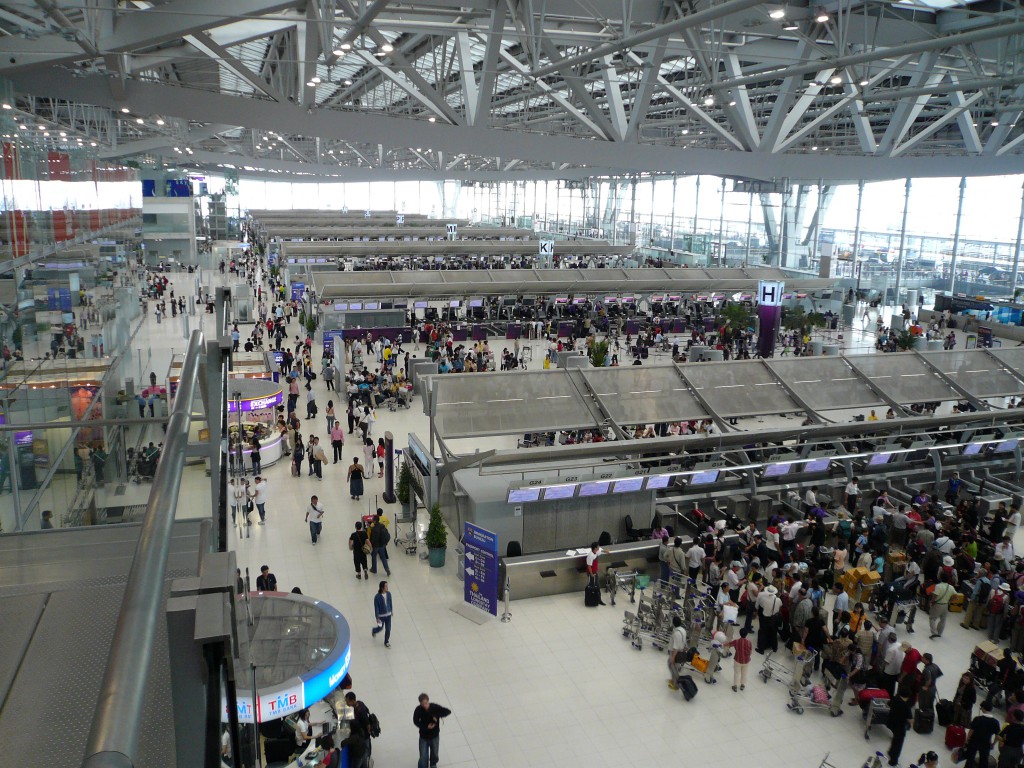
Update: May 18th, 01:02 PM: State Enterprise Policy Office (SEPO) earlier today approved the Thai Airways rehabilitation plan which will allow the airline to file for bankruptcy. Thai airways loan repayment deadline is set for the end of May but the airline is unable to meet the obligations due to the coronavirus pandemic which has halted the operations of airlines around the world and the airline is now more than 300 billion baht in debt.
The ailing Thai Airways that has been bleeding cash for many years even before the Coronavirus pandemic which were at 2.11 billion baht (66 mil USD) loss in the year 2017, 11.6 billion THB (361 mil USD) in 2018, and a staggering 12 billion THB (374 mil USD) in 2019.
Now the government is thinking about offering to throw 60 billion THB at the airline but is also demanding structural changes as a condition to the cash injection. But some senior government people, high profile Thai business owners and the public which is especially suffering in these times with many having problems getting the help they were promised from the government are questioning the government’s plans to bail out the failing airline.
Also if the government once again bails out the airline how long until they come asking for more as the current business model is obviously not working.
Now the airline has been confronted with a PR disaster as the people on Thai social media have turned against the carrier wondering why might they get such a big government bailout while many Thai people can’t even feed themselves and their families as many people have been out of work for weeks and months which is probably only going to get worse due to no fault of their own.
After this, it has emerged that one of the options could be for the airline to declare bankruptcy and to start with a clean slate. In the end, the decision will be made soon by the Thai cabinet even though Thai Airways board has been resisting and a major restructuring of the company for a decade and if they file for bankruptcy it would be seen as an option to take the running of the company and making key decisions from their hands. But in the end, the government is a 51% shareholder.
In the end whatever way they go the restructuring will cost more Thais their jobs as that would surely be one of the measures taken with cutting down the size of their fleet and other painful decisions.


